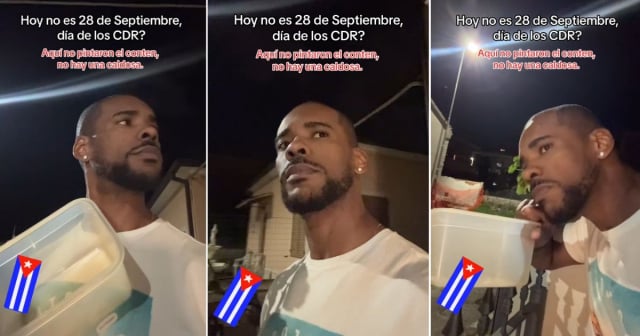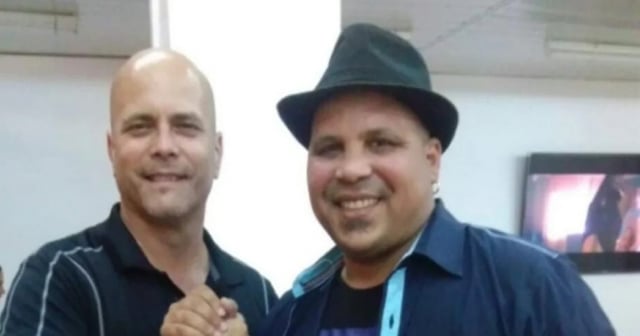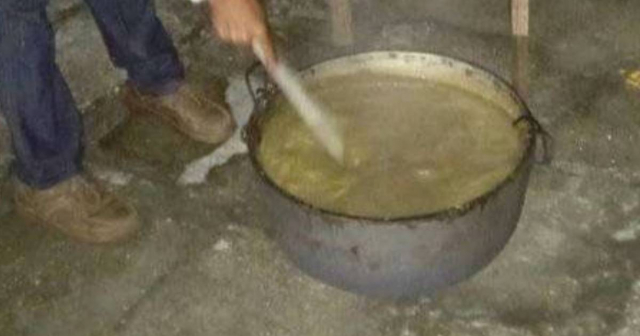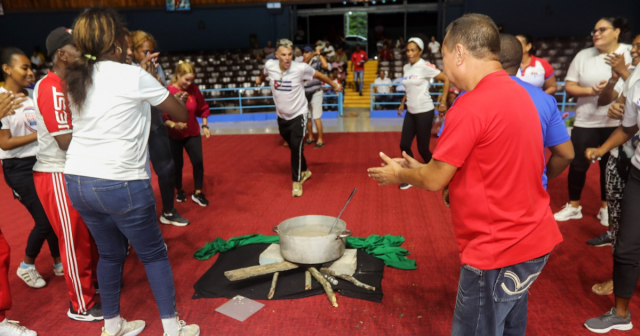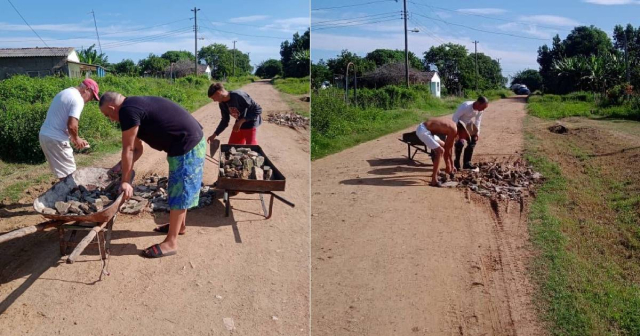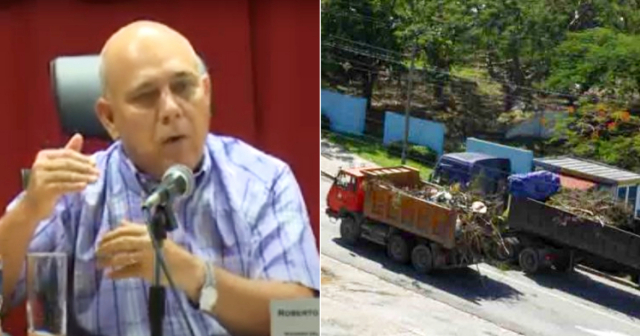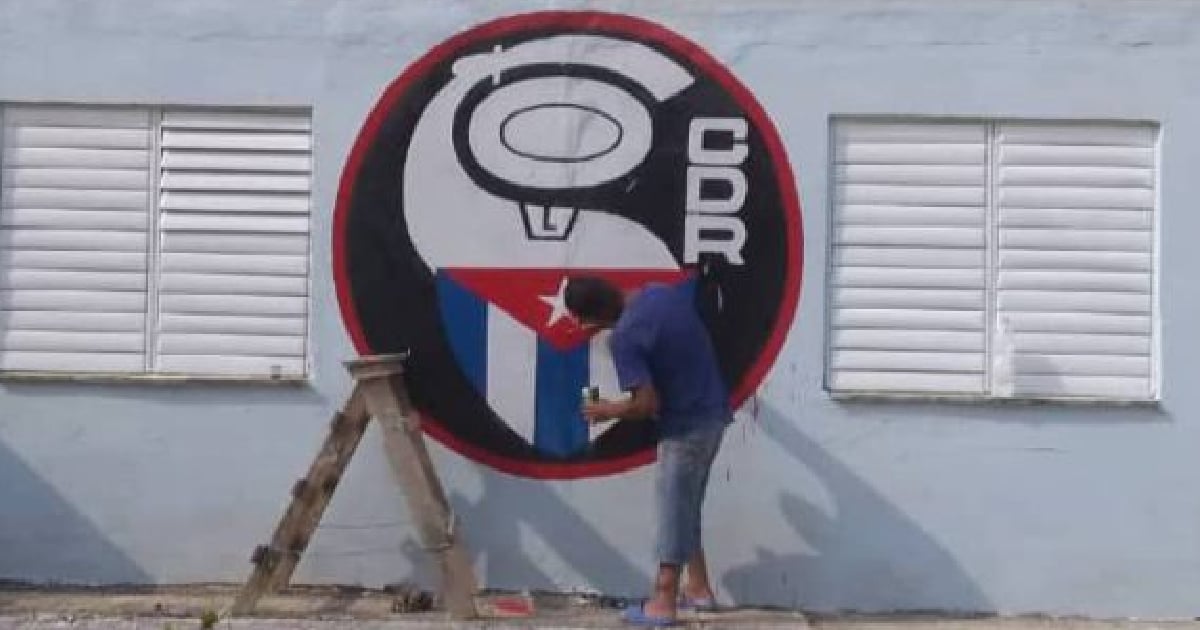
The former Cuban spy Gerardo Hernández Nordelo, currently the national coordinator of the Committees for the Defense of the Revolution (CDR), indicated that this organization is not only made up of elderly people, despite the fact that many of its current leaders are retirees.
"We are fighting the stereotype that the CDR is an organization of old people," Hernández stated in an interview with the official digital page Cubadebate.
On the occasion of the 64th anniversary of the organization founded by the late dictator Fidel Castro, Gerardo stated that most of the leaders are older due to the history of the organization and the lack of active participation from young people, who, for various reasons, have busy schedules with studies and work responsibilities.
"When asked who has time, it is usually the retired elder who is at home," he explained without mentioning several of the true causes, including the exodus of Cuban youth and the lack of interest in engaging with the activities of the dictatorship.
In the dialogue, he emphasized the importance of attracting new generations to the CDR. "We want to draw from the initiatives and the desire to act of the young people. It is essential that they understand that they can be part of the solution to many problems in their environment," he stated. He highlighted that young people have creative minds that can help bring neighbors together and improve life in the community.
To encourage youth participation, Hernández mentioned the creation of the figure of the "network activist," whose objective is to make the activities of the CDR visible on digital platforms.
"WhatsApp groups have been opened to call for activities in the areas," he added. Although he acknowledged that the functioning of the CDR varies across the country, with approximately 38,000 committees, some have managed to revitalize their activities thanks to the motivation of committed young people.
Additionally, Hernández emphasized that many young people have concerns in areas such as environmental protection and animal welfare, and can get involved as activists in their communities. "We have experiences of CDRs that were practically doing nothing, and a young person started to encourage the neighbors to resume activities," he noted.
In summary, the national coordinator of the CDR advocated for a change in the perception of the organization and the need for a generational shift, inviting young people to get involved and develop projects that benefit their communities.
But the reality is completely different, as 64 years later, Cubans see the "committees" as the nest of neighborhood informants, an instrument of the vampirism of Castroism, which sucks the blood and soul of the citizens, and aims to turn each neighbor into the police of the other. If they still exist, it is thanks to the oversized power of the repressive machinery of the dictatorship.
Who is on guard today? Which parents enroll their children in the organization when they turn 16? What Patrol Clic, what Domingo Rojo, what meeting, what celebration of what? No one is "for that" anymore, and Hernández Nordelo knows it, but he insists that they are making progress in programs for collecting "raw materials" and "blood donations."
In fact, the activities are laughable. Imagine that amidst the serious crisis in Cuba, the regime announced the sale of a food module for nearly 1,000 pesos in Guantánamo for the preparation of the traditional caldosa of the CDR on September 28.
The institutions and political organizations of the Cuban regime continue to display absurd acts, full of clichés and ineffective propaganda, such as the recent tribute from INDER to the Committees for the Defense of the Revolution with a symbolic stew, as false as the gesture itself.
Indeed, the caldosa, once a symbol of celebration in the neighborhoods of Cuba, has transformed into a bitter representation of the misery and scarcity that characterize daily life on the island.
What do you think?
COMMENTFiled under:

